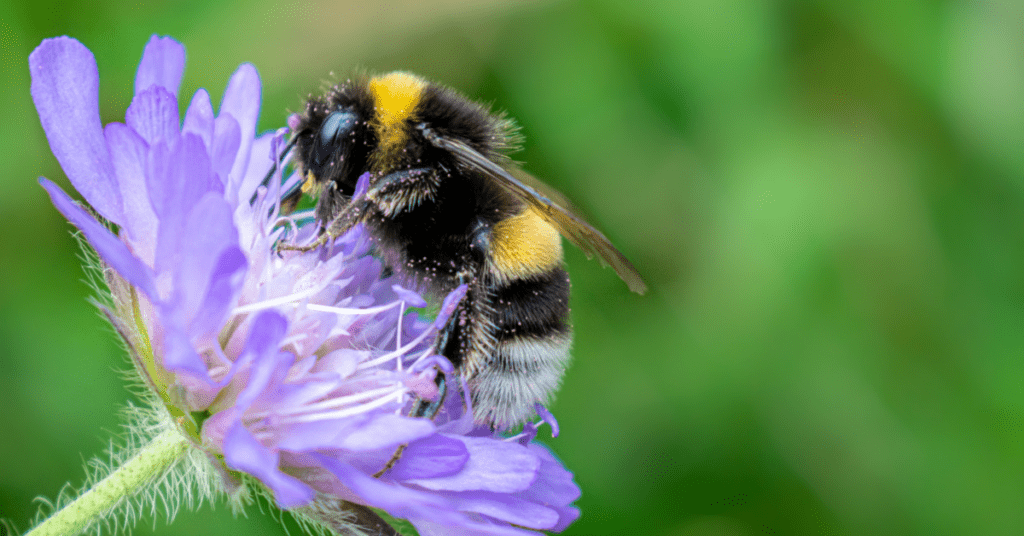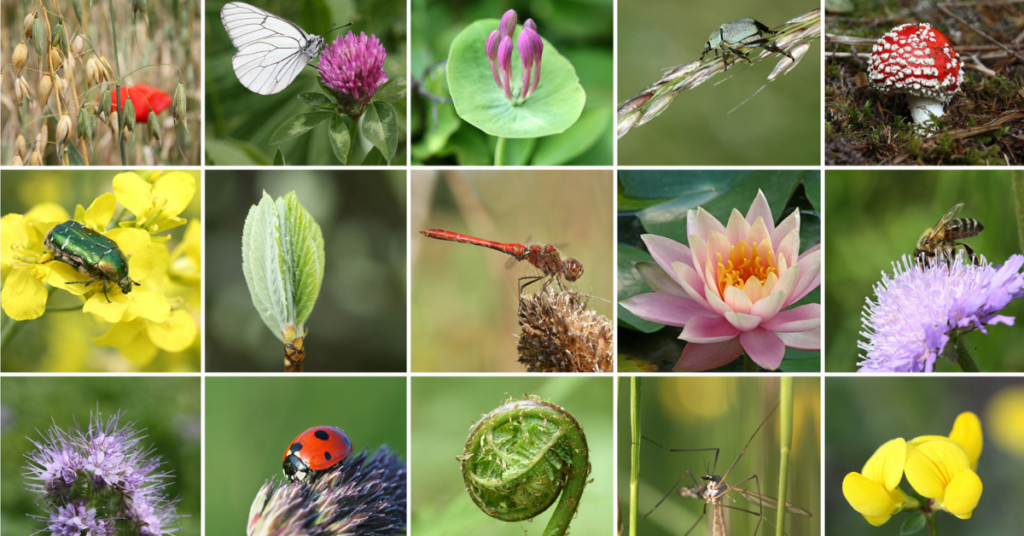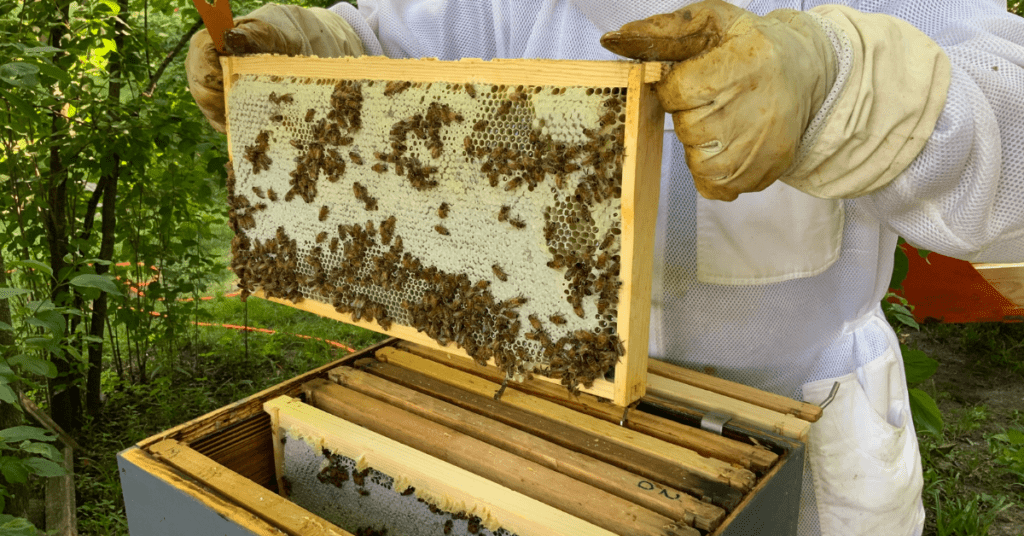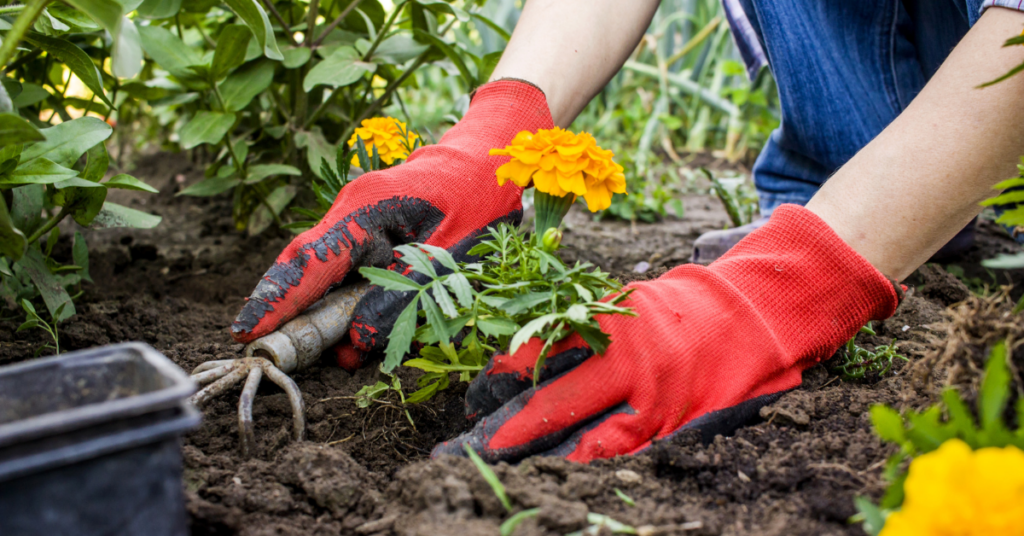The Essential Role of Bees in Our Ecosystem

Bees, often thought of as mere honey producers, play a far more vital role in our ecosystem. Responsible for producing 1/3 of our food supply and providing half of the world’s fibers, oils, and other raw materials, bees are essential workers within nature. The tiny but mighty bees help maintain a healthy ecosystem by exhibiting natural pest control abilities, similar to their buzzing counterparts like wasps and hornets, and contributing significantly to biodiversity. By pollinating flowering plants, they not only add to the beauty of nature but also support the survival of other wildlife species.

Food Production and Environmental Impact
Imagine a world without almonds or coffee becoming a luxury. This could very well become our reality in a world without bees. Their disappearance may not lead to human extinction, but it will definitely lead to a severe hit in our dietary diversity and food affordability. Envisaging a world without bees paints a grim picture, especially when considering their indispensable role in food production and maintaining environmental balance. Bees are paramount pollinators, and without them, the pollination of many of our favorite fruits, vegetables, and nuts would be severely compromised. This could lead to a significant reduction in crop yields, escalating food prices, and potential food scarcity in some regions.
Beyond our plates, the absence of bees would disrupt ecosystems. Many plants rely on bees for reproduction; without pollination, they would gradually die out, affecting the species that feed on them and triggering a domino effect throughout the food chain, leading us to question if it’s all about the bees or if other pollinators are just as vital. Moreover, the beautiful landscapes we cherish, filled with wildflowers, ladybugs, and vibrant plant life, would become barren over time. The loss of bees would not only signify a food crisis but also herald a profound environmental upheaval, underscoring their critical importance in the intricate web of life.
Supporting and Protecting Bee Populations
We can all contribute to the preservation and growth of bee populations. The global bee population has been under threat due to habitat loss and rampant use of harmful pesticides, though there are non-toxic pest control alternatives that can be just as effective. Despite these challenges, bee populations are slowly bouncing back. As per 2021 estimates, there were approximately 25.1 million bee colonies worldwide with beekeeping and apiculture seeing a significant rise.

Planting a bee-friendly garden with diverse native flowers that provide bees with nectar and pollen throughout the growing season. Reducing or eliminating the use of harmful pesticides in gardens and agricultural fields can mitigate direct threats to bee health. Setting aside wild spaces and promoting organic farming can offer bees the natural environments they require to thrive.
Furthermore, supporting local beekeepers, who play a crucial role in maintaining bee health and educating the community about various threats, including unexpected ones like bed bugs on planes, can make a significant difference. Every individual effort, no matter how small, contributes to a collective impact in ensuring that these invaluable pollinators continue to buzz vibrantly, supporting our ecosystems and food supply.
Conclusion
Bees are more than just the architects of nature’s sweetest golden nectar; they are the unsung heroes that underpin the balance and productivity of our ecosystems. Their irreplaceable role in supporting the diversity and abundance of our food and ensuring the health of our natural landscapes cannot be overstated. While the challenges they face are immense, from habitat loss to harmful pesticides, our collective actions, like ensuring our homes are pest-checked responsibly, can pave the way for their recovery. From backyard gardeners to commercial farmers, from consumers to educators, each of us holds a piece of the puzzle in safeguarding the future of bees. By understanding their importance, taking steps to protect them, and advocating for bee-friendly practices, we can ensure that these vital pollinators, and by extension our world, flourish for generations to come.

Take Action Now!
Our environment and the very food we eat depend on the health and vitality of bees. Don’t wait for the situation to get dire; you can make a difference right in your backyard! If you’re facing pest issues or just want to ensure a bee-friendly environment, our team of experts is here to help. Whether you’re in West Vancouver, North Vancouver, Vancouver, Burnaby & New West, the Coquitlam & Tri-Cities area, or Richmond we’ve got your back. Join us in the mission to protect and preserve our invaluable pollinators. Reach out today!
